questions about top loading washing machines
collage5
10 years ago
Related Stories
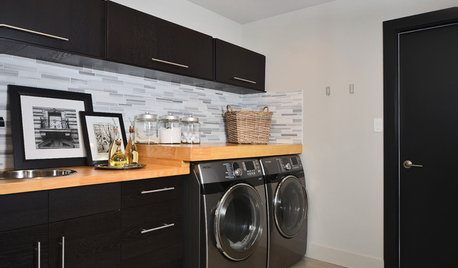
ORGANIZING6 Ways to Care for Your Washing Machine
Keep your laundry room and clothes in great shape with these basic washing machine tips
Full Story
REMODELING GUIDES9 Hard Questions to Ask When Shopping for Stone
Learn all about stone sizes, cracks, color issues and more so problems don't chip away at your design happiness later
Full Story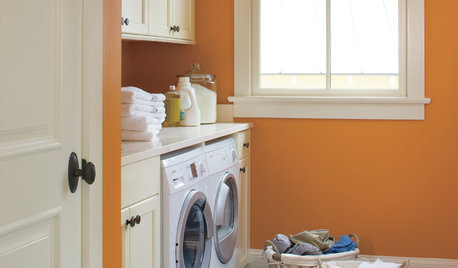
LAUNDRY ROOMS14 Ways to Lighten Your Summertime Laundry Load
Lessen up on washing and ironing chores, and make laundry time a livelier event, with these tips for summer and beyond
Full Story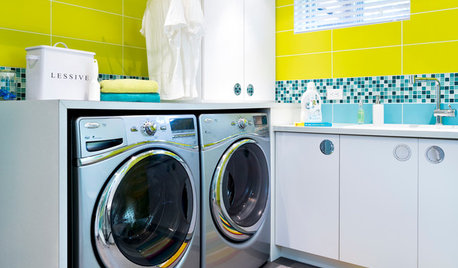
MOST POPULAR8 Ways to Add a Load of Color to Your Laundry Room
Give a tedious task a boost by surrounding yourself with a bold, happy hue
Full Story
ORGANIZINGPre-Storage Checklist: 10 Questions to Ask Yourself Before You Store
Wait, stop. Do you really need to keep that item you’re about to put into storage?
Full Story
GREEN BUILDINGConsidering Concrete Floors? 3 Green-Minded Questions to Ask
Learn what’s in your concrete and about sustainability to make a healthy choice for your home and the earth
Full Story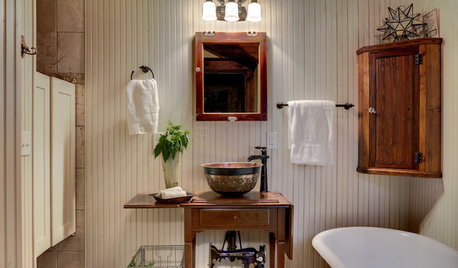
VINTAGE STYLEAntique Sewing Machines: Tailor Made for Nostalgic Decor
In full-on vintage rooms or contrasting modern looks, old sewing machines and tables are stirring up the past in a most stylish way
Full Story
LIGHTINGWhat to Know About Switching to LED Lightbulbs
If you’ve been thinking about changing over to LEDs but aren't sure how to do it and which to buy, this story is for you
Full Story
KITCHEN DESIGNStay Cool About Picking the Right Refrigerator
If all the options for refrigeration leave you hot under the collar, this guide to choosing a fridge and freezer will help you chill out
Full Story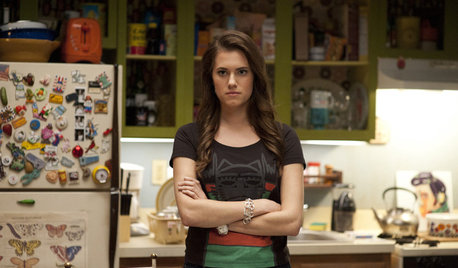
KITCHEN DESIGNHouzz Call: Tell Us About Your First Kitchen
Great or godforsaken? Ragtag or refined? We want to hear about your younger self’s cooking space
Full StoryMore Discussions









deeageaux
laundryvet
Related Professionals
Beavercreek Kitchen & Bathroom Designers · Manchester Kitchen & Bathroom Designers · Rancho Mirage Kitchen & Bathroom Designers · Wesley Chapel Kitchen & Bathroom Designers · Lisle Kitchen & Bathroom Remodelers · Fort Lauderdale Cabinets & Cabinetry · Appleton Custom Closet Designers · Glen Rock Custom Closet Designers · Roswell Custom Closet Designers · Vista Custom Closet Designers · Del Aire Flooring Contractors · Hastings Flooring Contractors · Lacey Flooring Contractors · Louisville Flooring Contractors · Patterson Flooring Contractorsbeaglenc
gwarstong